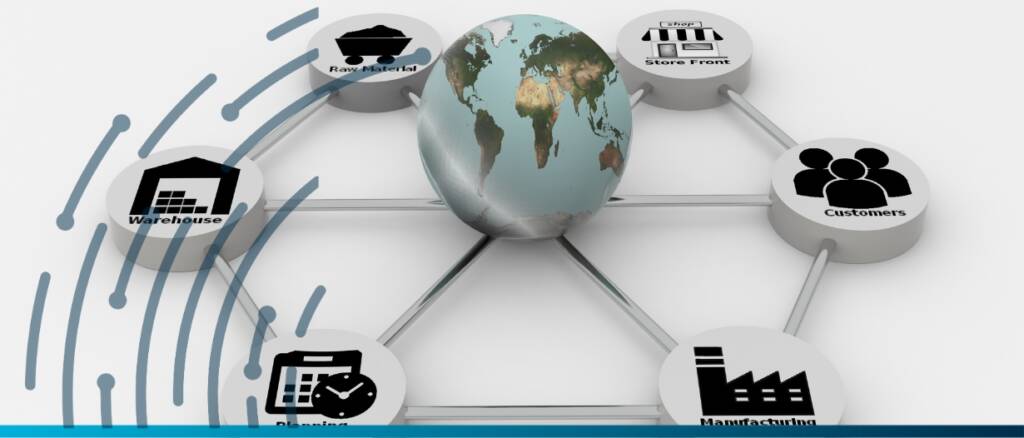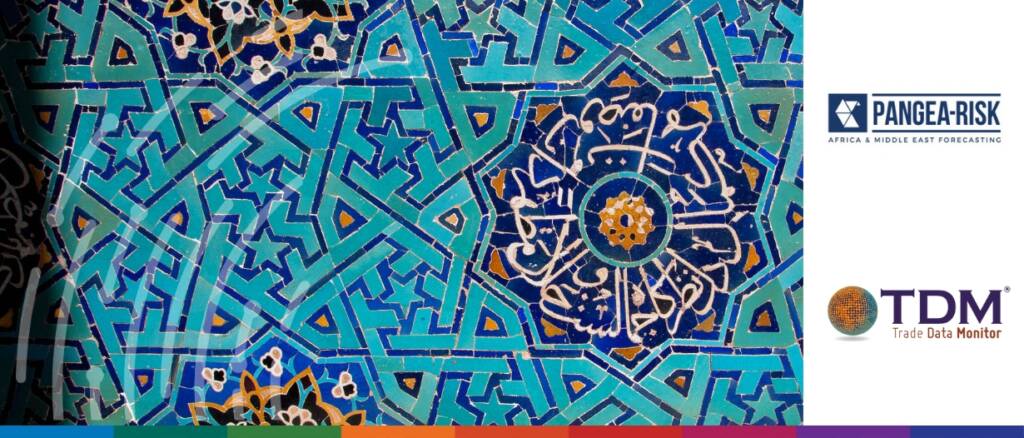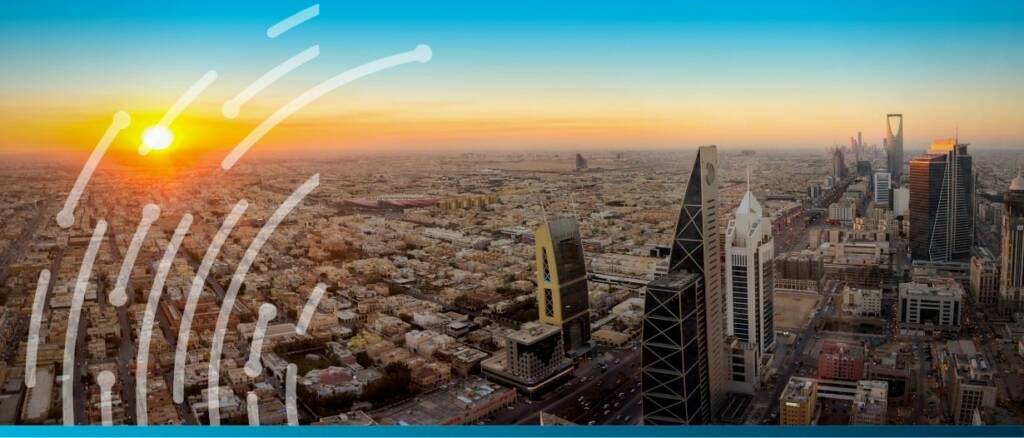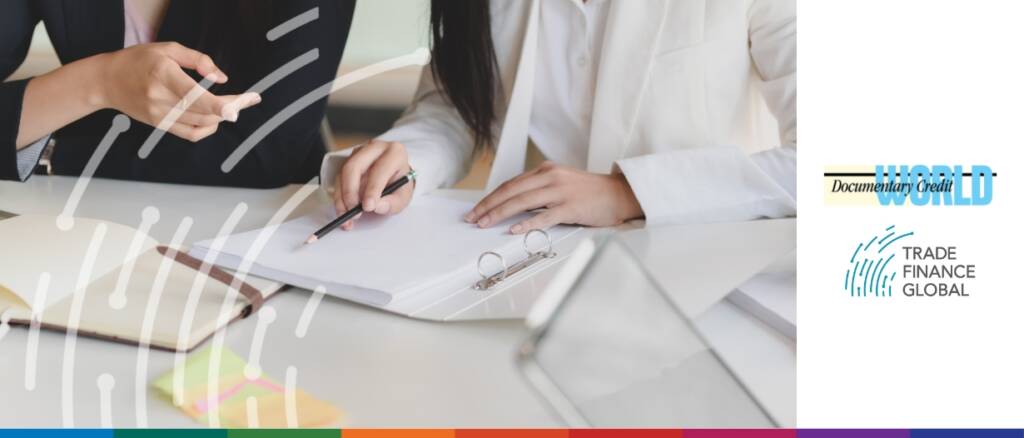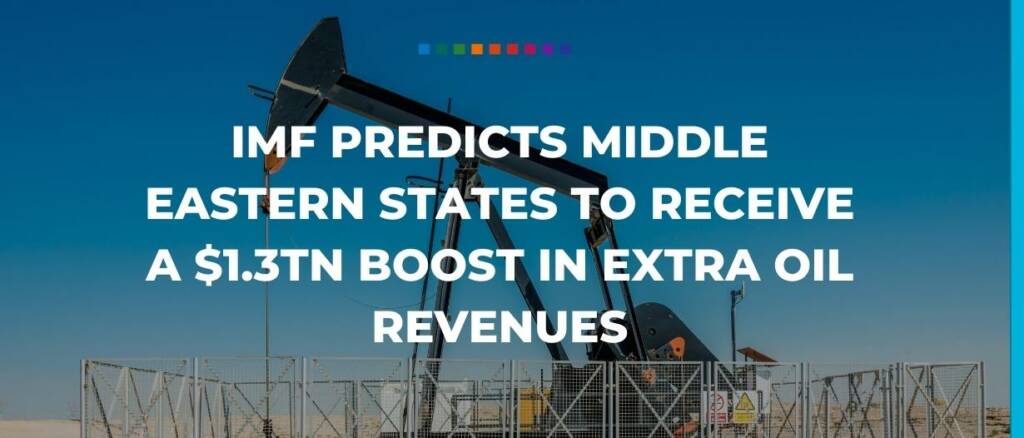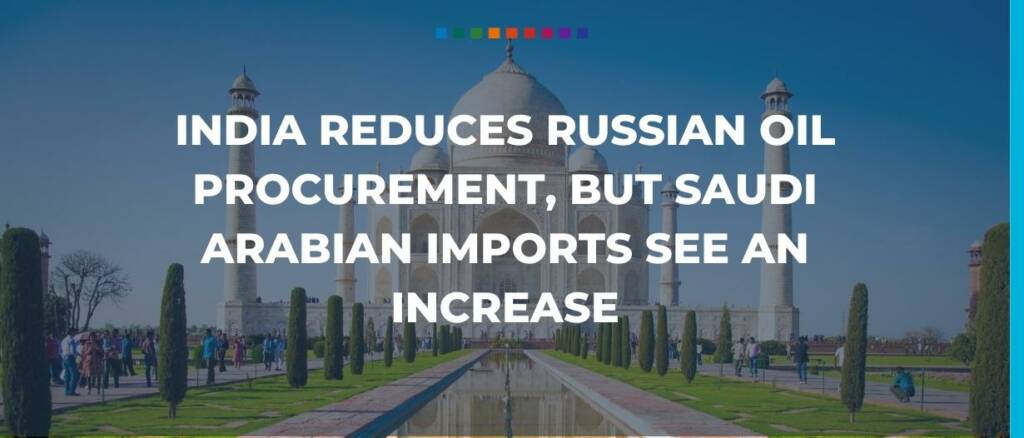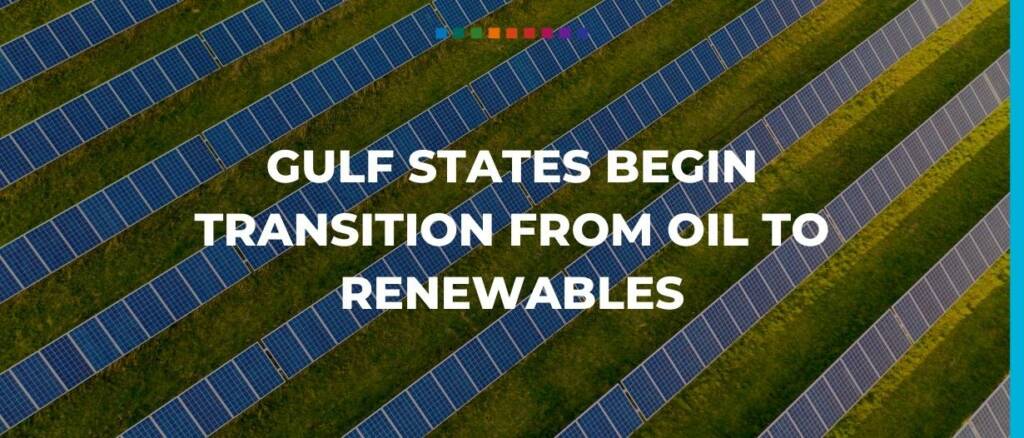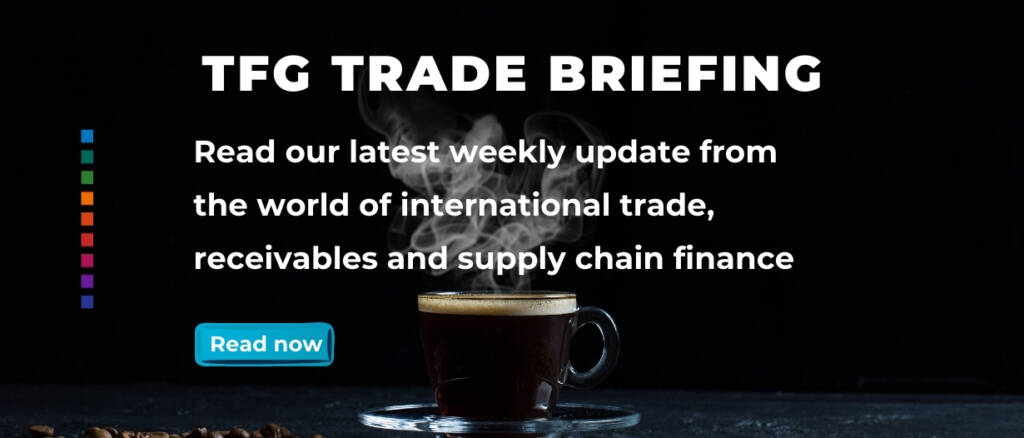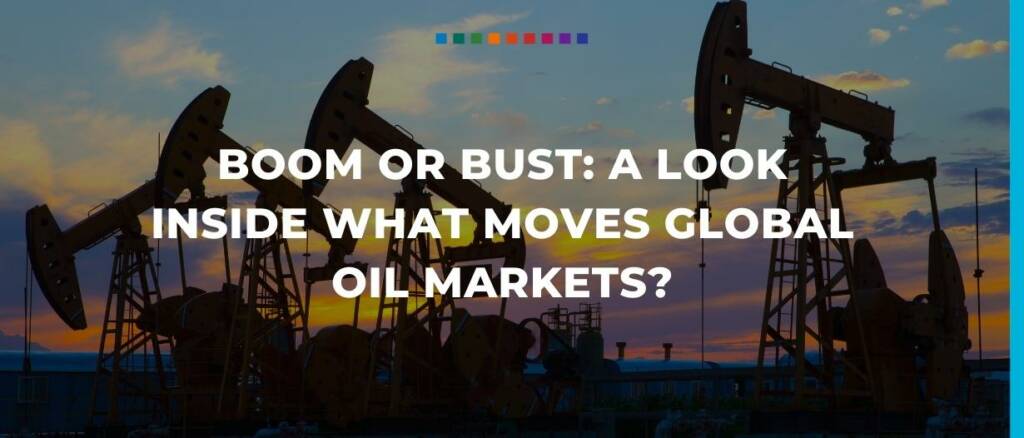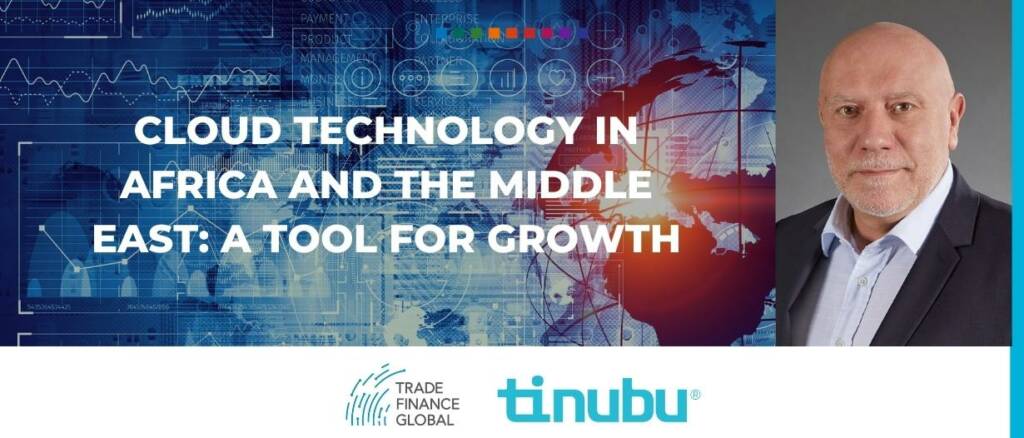First Abu Dhabi Bank (FAB), the UAE’s largest bank and a global financial powerhouse, strengthens its trade product offerings by introducing the Supply Chain Finance (SCF) programme in KSA, expanding… read more →
Trade Finance Global is proud to partner with Dr Robert Besseling, Pangea-Risk and John Miller, Trade Data Monitor to provide an overview of MENA-related political risk and trade data. Providing a succinct overview of MENA politics and trade breakdown is a crucial component of any publication that aims to provide comprehensive coverage of global affairs.
Moody’s Investors Service announced the long-term deposit ratings of ten banks in Saudi Arabia, as well as the senior unsecured and subordinated debt ratings of their affiliated entities, where applicable,… read more →
At the IIBLP’s Dubai Trade Law & Compliance Conference held in Dubai on 15 March 2022, one of the panellists referred to the Solo Industries fraud in a panel discussion addressing the recent Singapore case, Credit Agricole Corporate & Investment Bank (CACIB), Singapore branch v. PPT Energy Trading Co.
Middle Eastern states are to land a $1.3 trillion windfall from extra oil revenues over the next four years, according to the International Monetary Fund (IMF). On Friday, the IMF… read more →
The course of this last year has seen a fluctuation within fuel markets. Like many other countries, India has experienced similar trends. India’s crude oil imports from Russia fell in… read more →
Long known for being oil-producing economies, many Gulf states have been switching over to renewables in a bid to remain competitive and meet emissions targets, despite the current commodities boom. … read more →
Your Monday coffee briefing from TFG: China ramps up trade restrictions against Taiwan
Saudia Arabia, the world’s second-largest oil producer behind the USA, made headlines this week as reports surfaced that its economy had expanded by 11.8% in the second quarter of 2022, a massive pace largely fueled by high oil prices.
Governments and businesses across the Middle East and Africa (MEA) are digitising at a rapid pace, shifting away from on-premises hardware and manual processes in favour of software as a service (SaaS).















